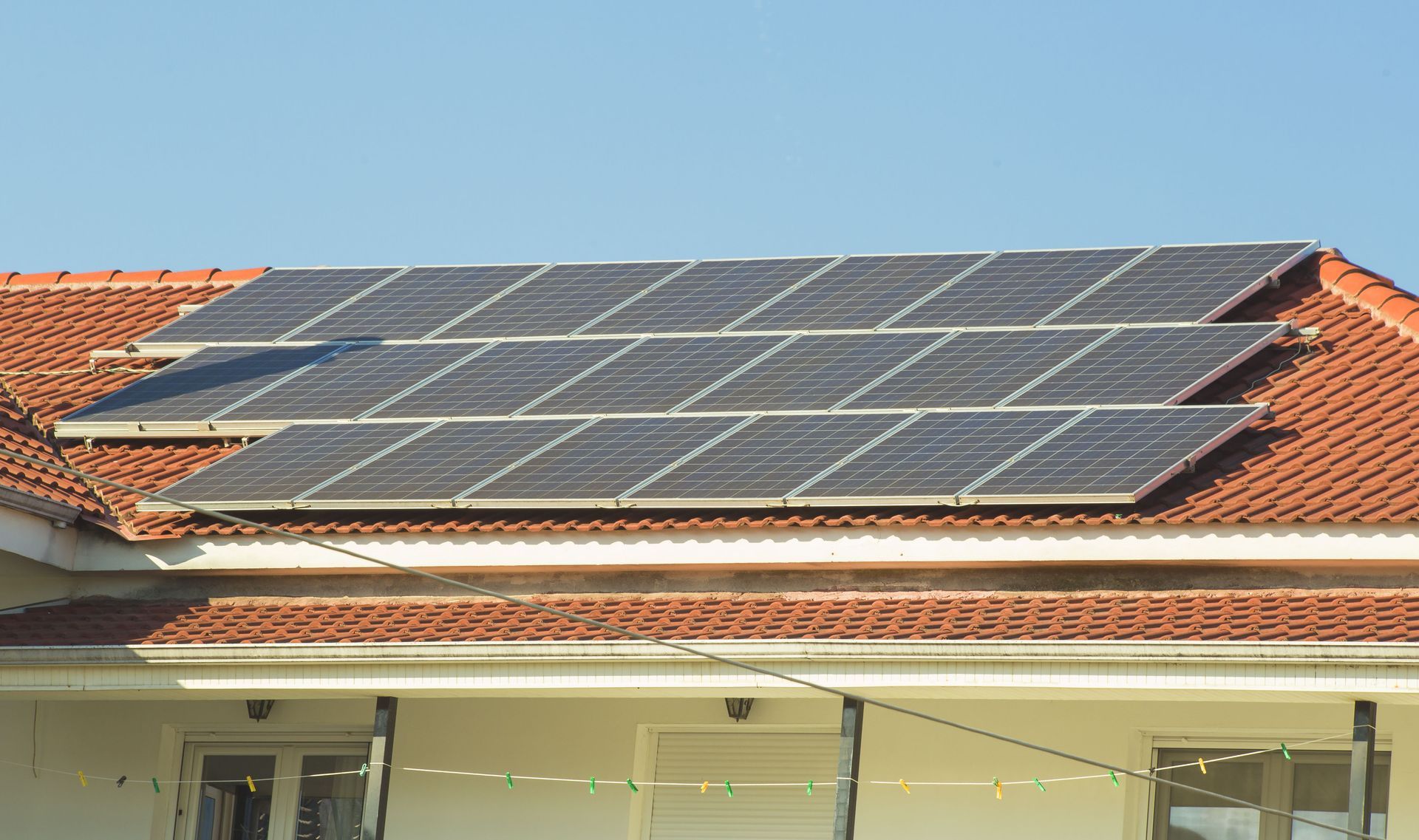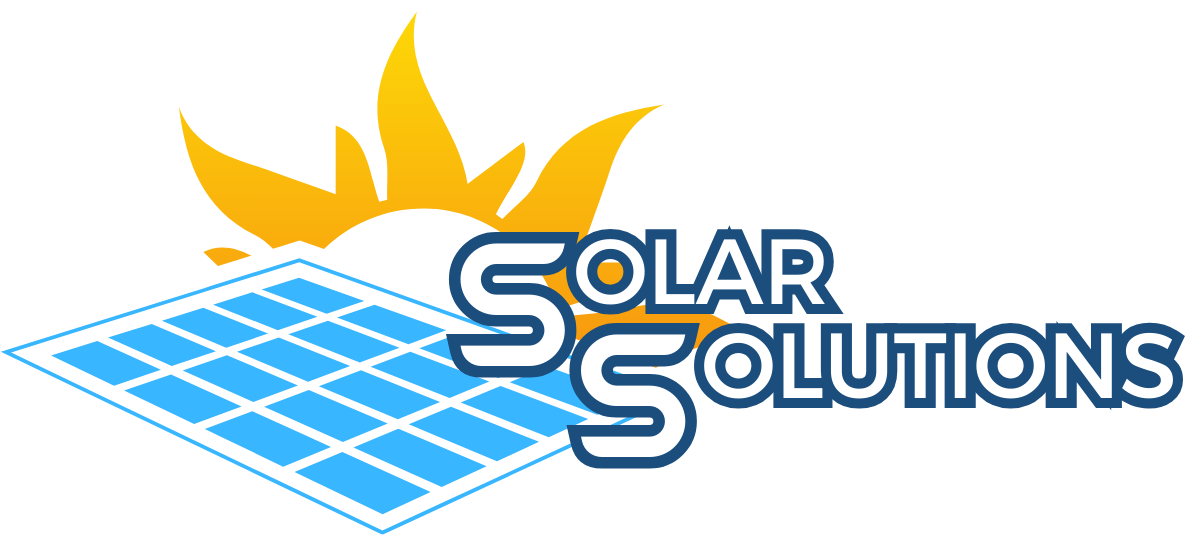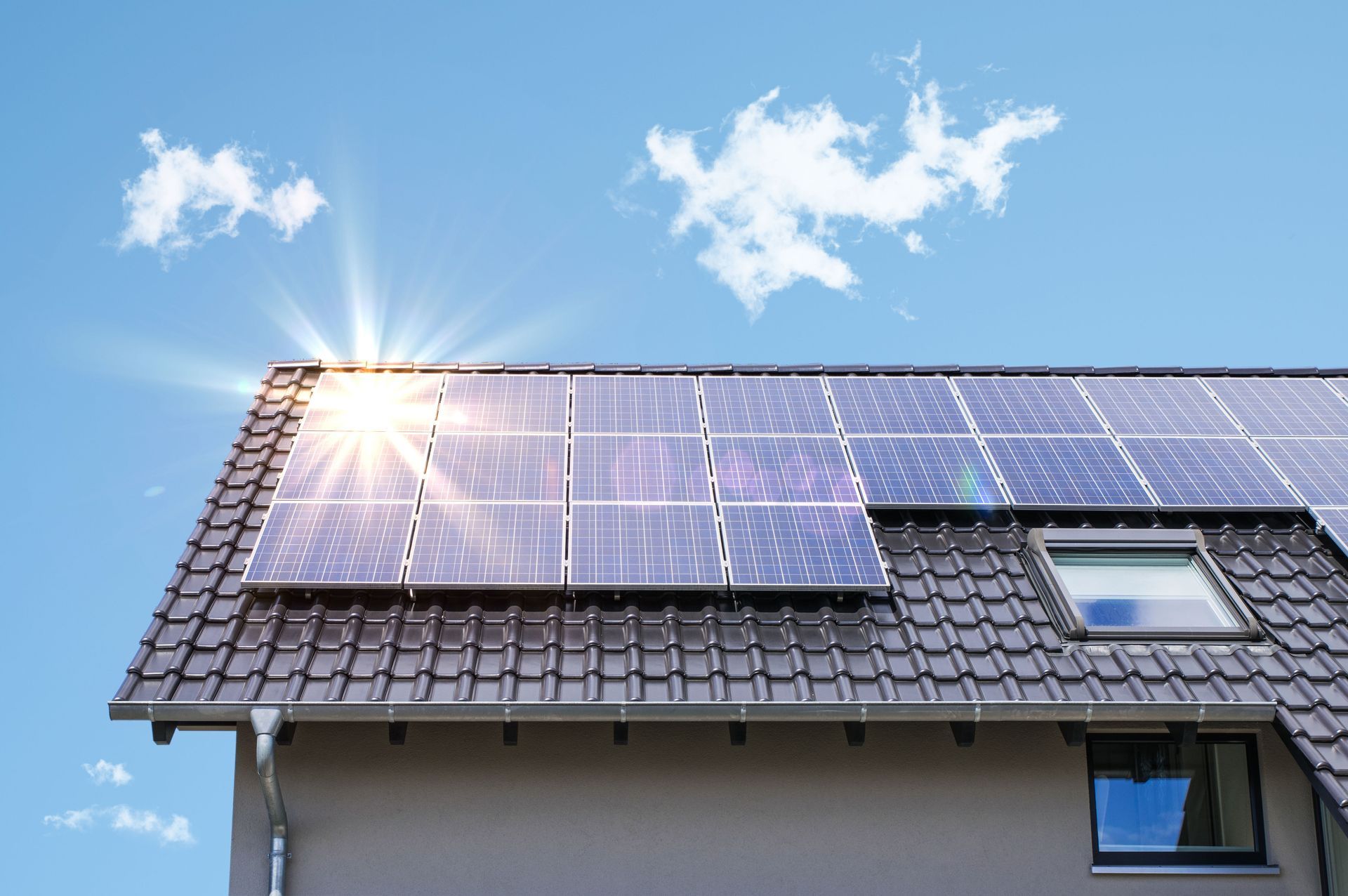3 Ways That Solar Panels Are Changing the World
There was a time when using solar panels was considered a fringe lifestyle choice by hippies living off the grid. Today, the use of solar energy is enabling people around the world to live in cleaner environments, save money, and have economic prospects they may never have envisioned. In fact, according to EcoWatch, solar energy accounted for 67% of the increase in renewable energy capacity in 2023. Here are ways solar panels are changing the world.
1. Home Heating
Solar panels are transforming the world by providing clean, renewable energy, reducing reliance on fossil fuels, and decreasing greenhouse gas emissions. This shift promotes environmental sustainability and energy independence. For home heating, solar panels can power electric heating systems or heat water for radiant floor heating, significantly cutting energy costs and reducing carbon footprints. Solar thermal systems directly capture sunlight to heat air or water, providing efficient, eco-friendly heating solutions. By harnessing solar energy for home heating, households contribute to a greener planet and enjoy long-term savings on energy bills.
2. Desalination
The planet is mostly water, but it doesn't mean it's all drinkable. From saltwater to pollution, humans must develop ways to treat water, as it only takes days to die from dehydration. Luckily, solar panels aid in the desalination process. As a result, areas experiencing a reduced amount of freshwater can now have a natural and sustainable source.
3. Economic Opportunities
Many jobs have been created thanks to advances in harnessing solar energy. People must work in the factories that produce solar panels, which includes roles in manufacturing, quality control, and engineering to ensure that panels are efficient and durable. There are specialists to install and repair them, requiring skilled labor such as electricians, technicians, and construction workers who are trained in handling solar equipment safely and effectively. This demand has led to the growth of training programs and certification courses, creating educational opportunities in the renewable energy sector.
As you can see, solar energy is changing the world at a rapid pace. It’s creating individual and nationwide independence from oil. More economic opportunities through jobs and continued research are increasing daily. Live with cleaner air and drinkable water by using this clean energy source over burning fossil fuels. Solar Solutions Inc is proud to play a role in solar energy’s advancement, and we've been doing so since 1997. When you're ready to make this advancement in your home or business through state-of-the-art technology, contact us anytime for a free consultation.




Business Hours
Hours:
- Mon - Fri
- -
- Saturday
- -
- Sunday
- Closed
Nights and Weekends by Appointment Only
License #CFC1431719
License #EC13011713






Share On: